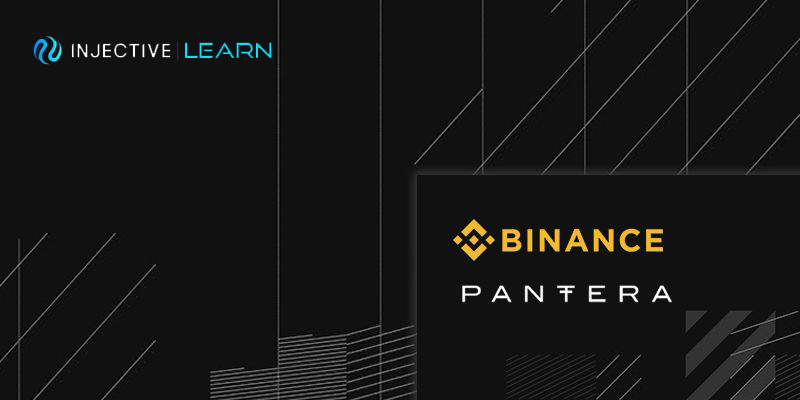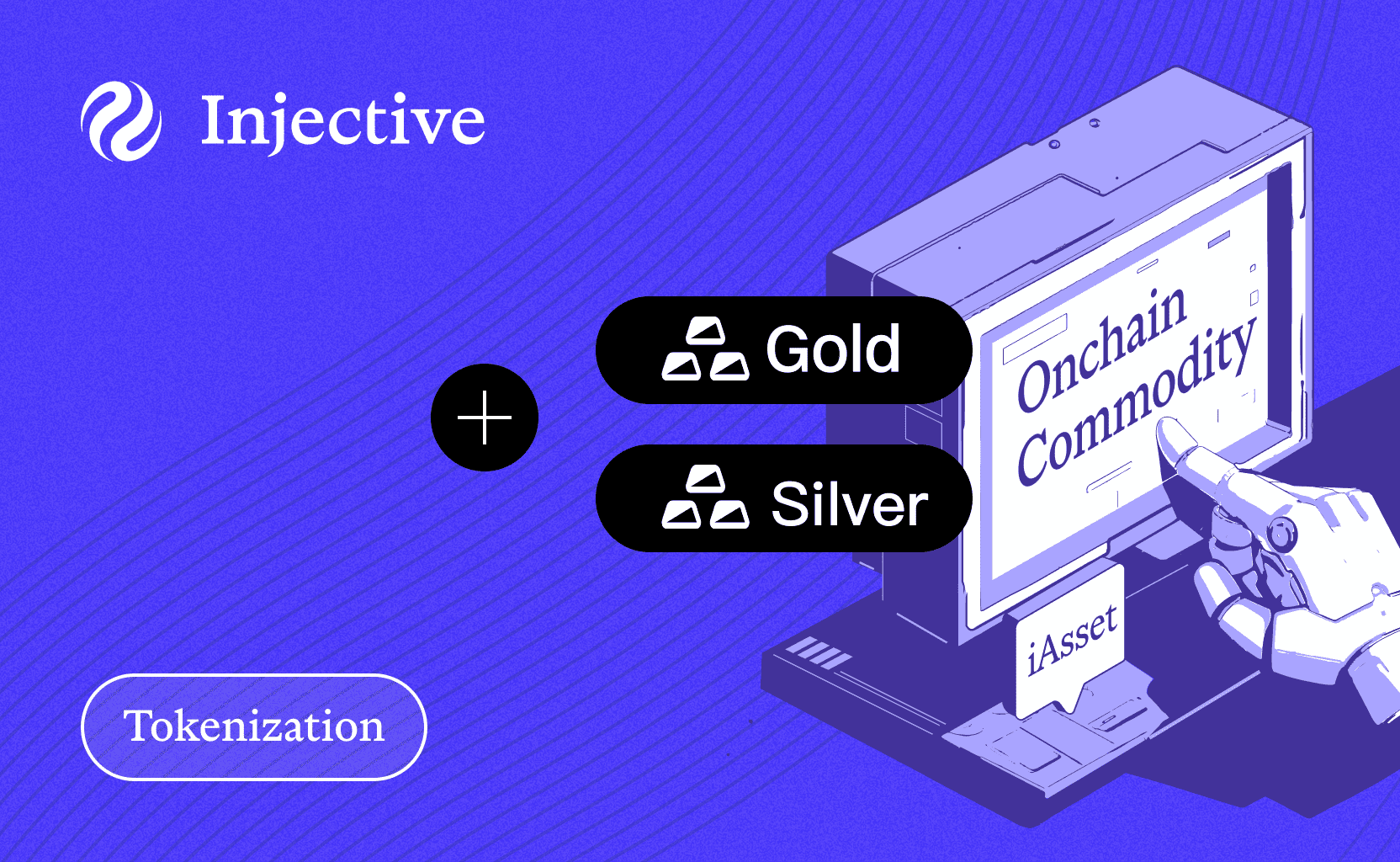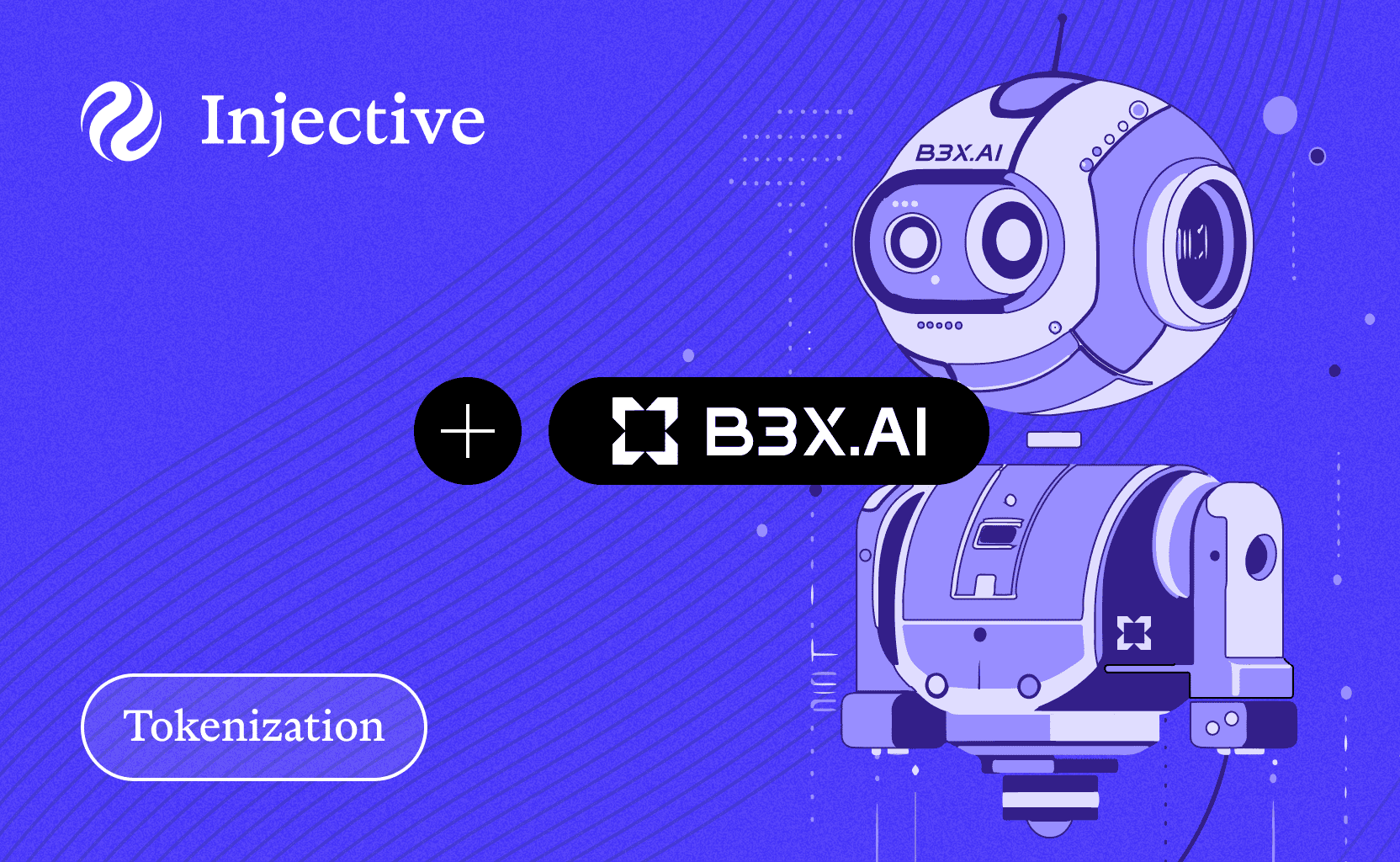You may have heard the rumors, whispers of a 30x oversubscribed private sale, and a hefty investment from one of the largest crypto market-making firms in the world. It now has a name: Injective Protocol.
Built over the past two years in Silicon Valley by a wunderkind technical team from Stanford, Injective is the first universal decentralized finance (DeFi) protocol for cross-chain derivatives trading ever. As the only layer-2 fully decentralized exchange protocol, the platform empowers its users to gain access to fast, secure, and unique products built on a completely decentralized trading platform.
What does that even mean, and why do DEXes need a change?
Decentralized Exchanges (DEXes) initially were meant to fix the problems that many Centralized Exchanges (CEXes) run into – security issues, regulatory constraints, and limited flexibility. For example, one of the world’s largest derivatives exchanges, Bitmex, recently came under fire from the CTFC for failure to follow compliance standards, leading to general distrust of the platform according to Cointelegraph.
DEXes, which allows users to trade directly from their wallets, run into substantial complications as well. Lower liquidity due to low rates of adoption and the high degree of technical knowledge required to trade on DEXes pose significant barriers to entry. A complicated exchange with very few traders is a tough sell.
Ironically, most DEXes end up somewhat centralized and are built on centralized components; between the chronic scaling issues, miner extractable value, and rug pulls, it feels as though most DEXes are simply a different iteration of centralized exchanges.
What makes Injective different?
Injective Protocol is an end-to-end decentralized protocol for perpetual swaps, futures, margin, and spot trading. All aspects of the platform are completely trustless, censorship-resistant, publicly verifiable, and front-running resistant. This means that there are no trusted third parties to help with trades, and avoids anyone intercepting incoming orders or manipulating the sequence of order-filling to gain a price advantage. This leads to a far more trader-friendly ecosystem while retaining the best properties of decentralization.
The project has built a platform that includes the Injective Exchange, the Injective Chain, and the Injective Futures Protocol. Practically every beneficial aspect of a traditional DEX is brought to the forefront of the Injective Exchange. It’s fully open-sourced, as users are able to trade on any derivatives market, earn yield on decentralized networks such as Ethereum and Cosmos, all with no fees. All of this is achieved while lowering the technical barriers of entry associated with many current DEXes in the market today that are notoriously cumbersome and require some degree of technical knowledge.
The Injective Chain is the layer-2 chain (aka, a secondary protocol built on top of an already existing blockchain) and Cosmos Zone connected to Ethereum. It powers its derivatives platform, hosts the decentralized open order book, and functions as the decentralized Trade Execution Coordinator (TEC). The Injective Futures Protocol allows users to gain access to a decentralized peer-to-peer futures protocol and Contracts for Difference (CFD). The entire platform is built on the foundation of genuine decentralization, ease of use, and robust security.
The backers of Injective also open up new avenues for institutional support on the DEX. The team seems to have strategically taken investments from some of the largest market makers globally in order to provide higher levels of liquidity on the exchange, thereby solving one of the core issues plaguing other DEXes today.
A DeFi future we can count on
DEXes were due for a hefty facelift, and there’s an enormous amount to be done when it comes to the crypto futures and derivatives markets, DeFi platform integrations, and cross-chain trading. It feels appropriate that Injective has addressed all of these concerns, with a broader appeal to both crypto users who want to take advantage of the impressive variety in trading products, as well those who want to begin their journey into decentralized trading.
Injective Protocol is backed by prominent blockchain venture capital firms Pantera Captial and Hashed, as well as leading crypto exchange Binance Labs. Angel investments and advisors from the Matic, Compound, and Polkadot team have also lent a hand in the development process. Injective is launching their testnet this fall, with the beta testnet available for developers to be released even sooner.


About Injective
Injective is a lightning fast interoperable layer one blockchain optimized for building the premier Web3 finance applications. Injective provides developers with powerful plug-and-play modules for creating unmatched dApps. INJ is the native asset that powers Injective and its rapidly growing ecosystem. Injective is incubated by Binance and is backed by prominent investors such as Jump Crypto, Pantera and Mark Cuban.
Website | Telegram | Discord | Blog | Twitter | Youtube | Facebook | LinkedIn | Reddit | Instagram | Orbit Newsletter




